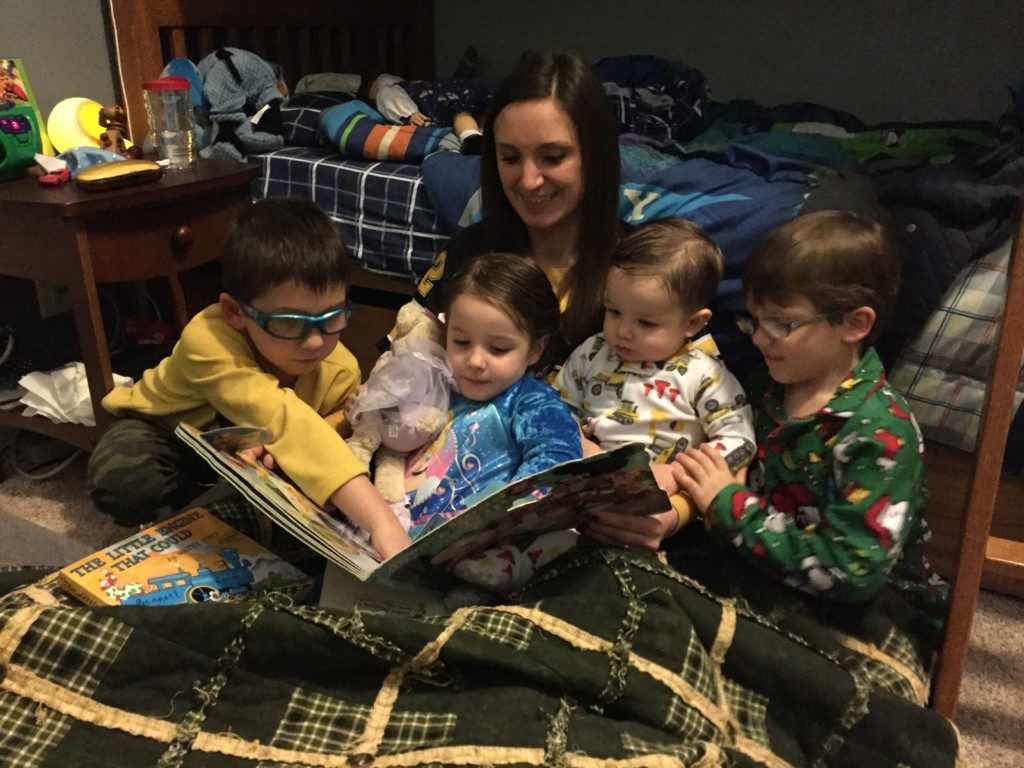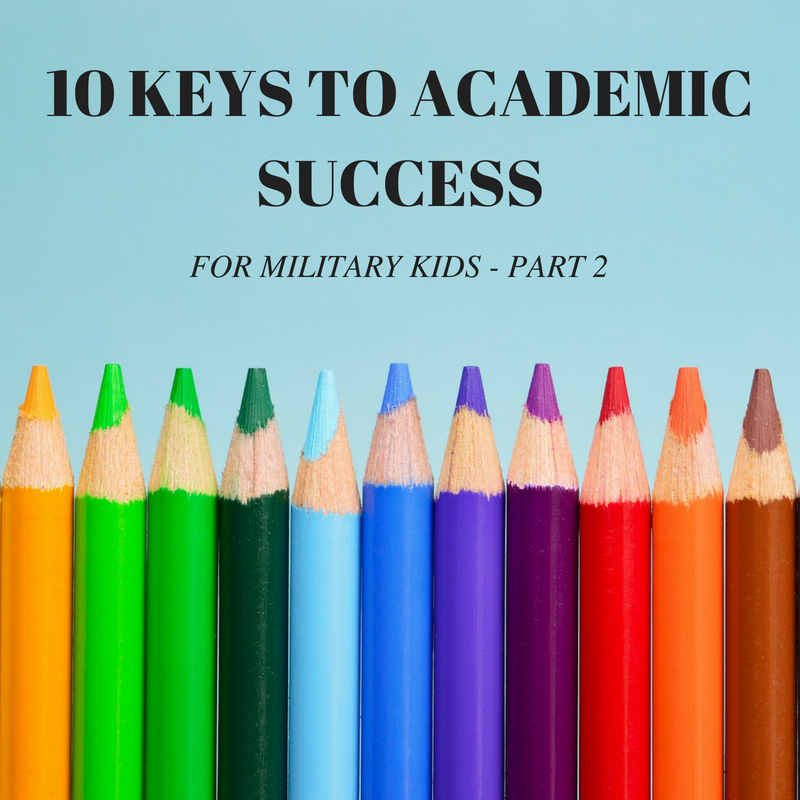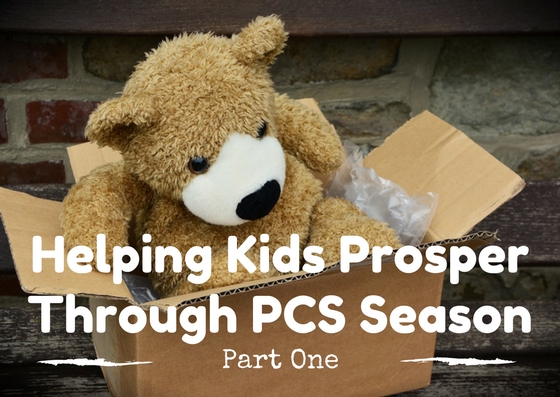Being a secondary education teacher, I have a soft spot in my heart for the struggles our military kids endure, and how they relate to academic performance. Although a recent PCS has me back in the role of stay-at-home mom this year, I find my thoughts returning to my students from time to time — especially as back-to-school pictures begin flooding my social media pages.
With them in mind, I developed 10 Keys to Academic Success for Military Kids.
Last month, I presented Part 1 and challenged you to make a concrete goal toward helping your child use these keys to unlock his full potential. Continue reading to discover keys 6-10. As you do, consider making yet another goal. You–and your child–will be glad you did.
6.) Foster Creativity

Sometimes it feels like the school system drains kids of their innate creativity, especially as they reach upper grades. Good teachers, however, know it doesn’t have to be this way. Many work hard to find engaging activities that play to students’ strengths. It’s essential, though, that they explore their creativity enough to know what those strengths are.
Exercising that creative muscle is crucial to academic success. It goes far beyond getting an “A” on a class project. In fact, creative thinkers are better able to articulate their thoughts, leading to active class participation and a penchant for high-caliber writing. That will certainly be helpful when it’s time to write college entrance essays! Such students are also more likely to think outside the box, allowing them to solve difficult problems without giving up.
Check out this article from Greater Good Magazine for ways to encourage creativity in your own household.
7.) Help Develop a Love of Reading
Being an English teacher, this point is dear to my heart. Developing an early love of reading will make the school years significantly easier for your child. It creates curious, self-motivated students who can focus and digest new ideas with ease. Of course, it also boosts that aforementioned creativity.
The best part is that, when encouraged early on, all of these benefits can be attained through a truly enjoyable experience. Raising a reader means gifting your child a thirst for knowledge and adventure. For a child experiencing the uncertainty of a PCS, escaping into the world of books can be a wonderful coping mechanism. There is something quite comforting about returning to a familiar story in the midst of chaos and uncertainty.
As parents of military children, it is our responsibility to assist them in recognizing reading as a coping mechanism and using it. Too often, we tend to assume kids are either born readers or not. This does such a disservice to large swaths of kids who haven’t been provided the gentle nudge necessary to turn off the electronics and delve into a good book.
8.) Be a Proponent of Self-Advocacy
The most successful students are those who ask questions both in and outside of class. They respect authority but do not fear it and are responsible enough to seek out help when needed.
These skills are, of course, crucial for any student, but especially for children from military families. Frequent moves mean your child is likely to leave one school and begin another mid-year on a fairly regular basis. This often leaves him juggling an abundance of new information at once. For those who haven’t mastered the art of self-advocacy, that balancing act tends to end in a mess. Of course, elementary-age students will need more direct assistance, but older students should be encouraged to advocate on their own behalf.
Help your child by directing him toward the resource he needs but don’t seek the information for him. Together, brainstorm a list of questions he has difficulty formulating in his mind; but, again, ensure that he is responsible for obtaining the answers.
This can be as simple as expecting your child to recover assignments missed during an absence. If he fails to make up the work, allow the consequences to play out appropriately. While the mistake may have been an honest one, he still neglected to fulfill his academic obligations.
The military child who fails to solve his own problems and shies away from asking necessary questions will likely struggle through every major transition. Resisting the urge to excuse those early mistakes ends up providing an invaluable service to your child. In doing so, you communicate the importance of self-advocacy and set him up for future success.
9.) Encourage a Hobby or Special Interest
 It can be difficult for military kids to maintain any one particular hobby, especially when it comes to sports. After all, amongst the many uncertainties of a PCS is the likelihood that a beloved activity is not offered at a new location or that your arrival conflicts with the timing of a competitive season.
It can be difficult for military kids to maintain any one particular hobby, especially when it comes to sports. After all, amongst the many uncertainties of a PCS is the likelihood that a beloved activity is not offered at a new location or that your arrival conflicts with the timing of a competitive season.
Still, it’s important to find something special for your child to explore. Whether it’s music, service activities, athletics, or clubs, finding a hobby or special interest will give your child an immediate foothold in his new surroundings. It’s an easy way to make friends with similar interests and helps your child construct a fuller sense of self, which is vital in the chaos of a move.
Well-rounded kids are happy kids; and happy kids tend to work harder in school. Never underestimate the importance of outside activities on academic performance. Everything is interconnected.
10.) Talk, Talk, Talk
It really is this simple! Take the time to have meaningful conversations with your child each day. It can be easy to slip into the routine of asking off-handed generic comments such as, “how was your day?” while performing other tasks and only half-listening. And while the intention is good, the application is off. Such conversations convey a lack of genuine interest and push kids away from revealing the big things: fears, anxieties, concerns, etc.
A better approach is to ask a pointed question that requires some thought. I particularly love the habit my husband has developed of asking our daughter the best thing that happened at school. It focuses on the positive while allowing her to ruminate on something specific.
Of course, generating meaningful conversations with your child requires actively practicing Step 4: Teach and Model Communication Skills. This should be a time when phones are put away and eye contact is made. Show your child that his world is interesting because, truly, it is! And when his school day is validated on a consistent basis, he becomes increasingly empowered to be successful.
You don’t have to be told that our military kids face a lot of unique struggles, but it’s important to remember that they are resilient and resourceful. With a little extra push from you, they can put these skills to great use! And while teachers and schools may come and go, you are the one constant that makes all the difference. Whether your child is taking his first tentative steps into the school system or contemplating life after graduation, good luck this school year. Make it a great one!












